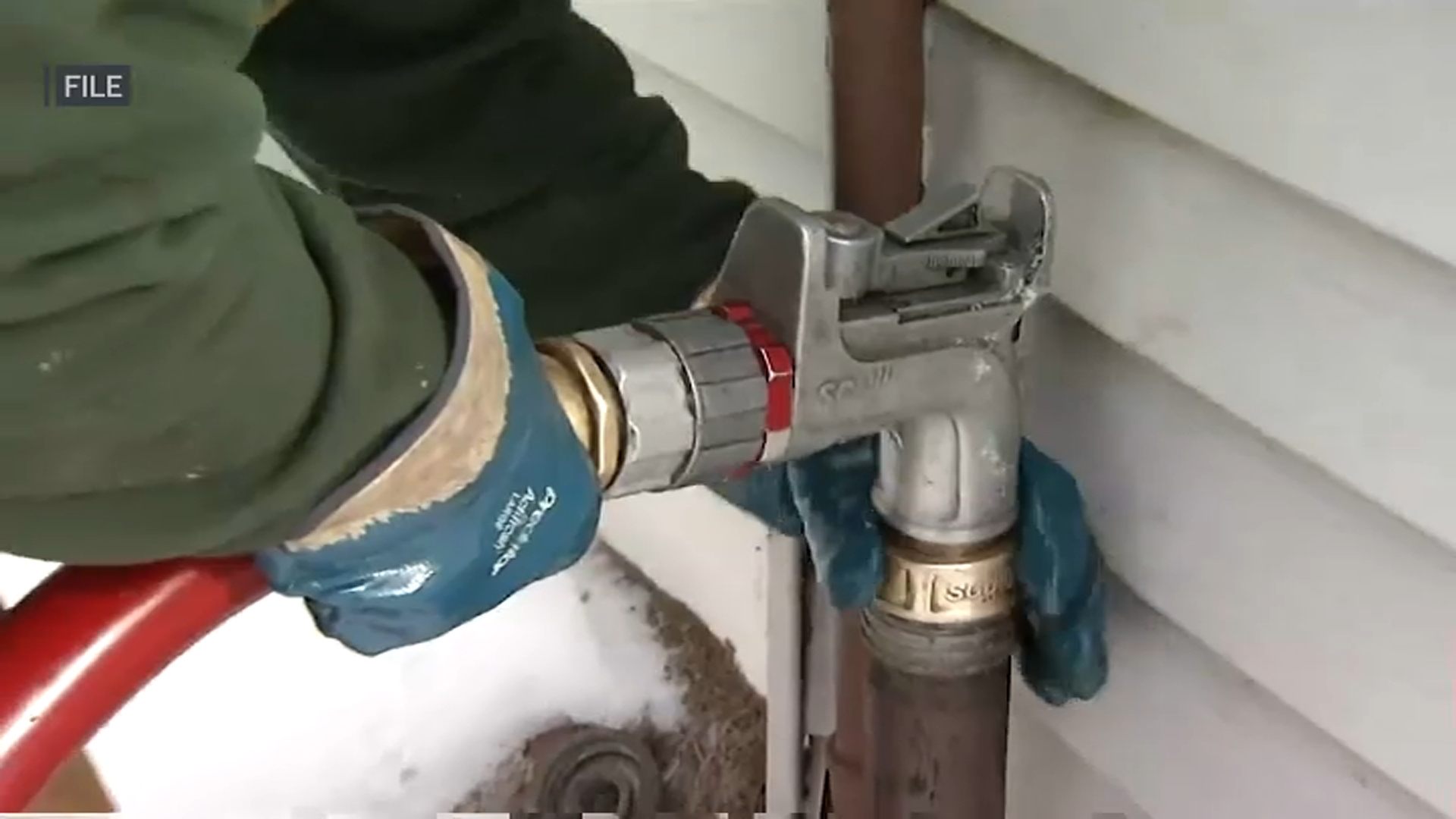On March 1, several communities in Massachusetts rolled out municipal aggregation programs aimed at providing more affordable and renewable electricity.
In Westwood, electricity customers were notified about a program called Westwood Community Choice Electricity. It’s an alternative to current electricity supply options that they were automatically enrolled in.
“Westwood has decided to engage for the town an aggregation program, which is essentially a program which lumps all of the electric consumers in the town into a group and then goes out and bids,” said Tom Philbin, Westwood’s energy manager. “In this case bids for a supplier who would guarantee a certain percentage of the supply that they will provide will have a renewable content. And so, we did that, and we were successful in our bidding. And that's the program that we're now initiating.”
Get New England news, weather forecasts and entertainment stories to your inbox. Sign up for NECN newsletters.
The program has been in the works for a few years.
“It allows for more competitive rates and more stable rates, and it allows us to have the option for more renewable electricity sources in the mix, in particular local ones,” said Juliana Belding, a member of Westwood’s Environmental Action Committee.
Westwood, Uxbridge, Marshfield, Cohasset, Scituate, and Rochester all joined together in the bid.
“The six of us are now in this contract which lasts about 21 months,” said Belding.
The program offers alternatives for the supply portion of your bill. In Westwood, their electricity supplier, Direct Energy, will charge residents a lower fixed rate for electrical service.
But the bill still comes from Eversource as your electric utility.
“The bill is the same, the maintenance of the system is the same, everything,” said Philbin. “Only thing that changes is the price on your bill and the little corner there that tells you who is giving the electricity to Eversource.”
“One thing I learned is that Eversource doesn't make any of its money through the supply side of the electricity. They make their money through the delivery side,” said Belding. “And so, the fact that we're getting the electricity from different sources than the ones that they usually use doesn't affect them or impact how they would sort of treat the electricity coming across the wires.”
Massachusetts is one of eight states to offer this program. About 175 towns are enrolled in municipal aggregation.
State law requires that residents are automatically enrolled in these programs and that they have the option to get out at any time.
“The programs are also meant to be flexible for consumers so that they can choose between the different levels and move between those different levels and opt out at any time,” said Belding.
“Nobody is obligated just to stay,” said Philbin. “And there is no penalty where you do choose to leave the program.”
The program cannot guarantee savings. Belding says right now in Westwood, the program provides a savings compared to current Eversource rates. However, rates fluctuate. While there are no guaranteed savings, the programs are expected to perform well and remain competitive.



